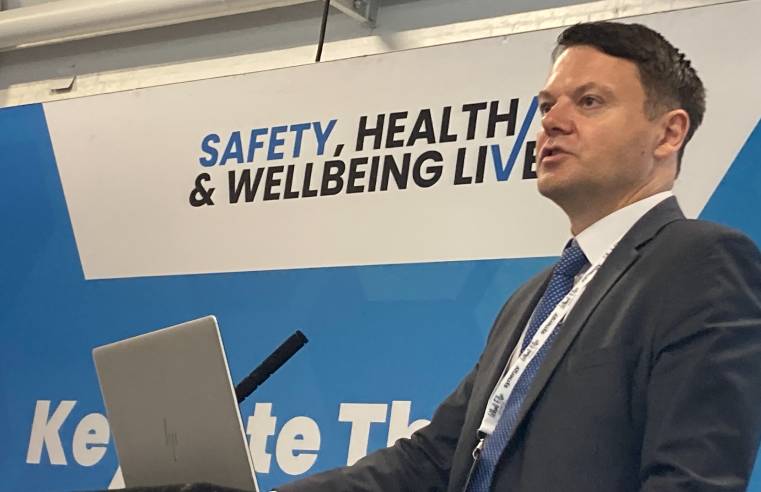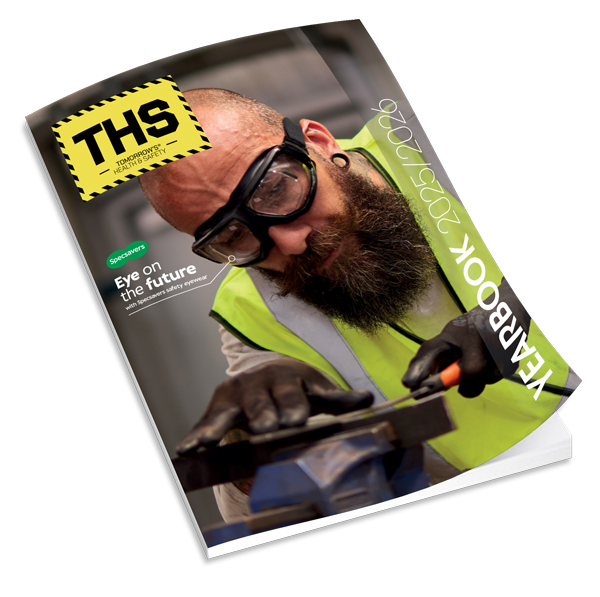As lockdown restrictions are eased and workplaces reopen in many countries, businesses are urged to ensure new working practices do not cause health and wellbeing problems for staff.
The Institution of Occupational Safety and Health (IOSH) says reopening premises cannot happen overnight as employers may need to adjust policies, procedures, working conditions and other factors to manage the risk of Covid-19 being transmitted.
But, while it is crucial that the transmission risk is controlled, IOSH says firms must address a raft of other potential pitfalls which could cause lasting damage to workers.
The Institution believes the creation of a ‘new normal’ for businesses will likely lead to changes in values, attitudes, behaviours and culture – which could ultimately cause health and wellbeing problems among workers.
IOSH is also calling on organisations to ensure their ‘new ways of working’ factor in the accessibility requirements of all, including ensuring disabled people have access to lifts, even though social distancing requirements could restrict their use.
Key to managing all of this and more is the insight and knowledge of occupational safety and health professionals. IOSH, their global chartered professional body, has responded to theirs and their organisations’ need by introducing a suite of free resources called Returning Safely.
This includes how communication, health promotion and controlling workloads can manage the risk of mental ill-health. It also includes guidance on how to manage the risk of transmission in workplaces, how to conduct thorough risk assessments and how to ensure equipment remains safe when it hasn’t been used for several weeks or months.
Richard Jones, Head of Policy and Regulatory Engagement at IOSH, said: “Health and safety must come first. For organisations, it’s about a systematic plan-do-check-act approach and forward-thinking employers have already been planning for safely restarting work, once allowed to cautiously do so.
“Any organisations that haven’t already made plans need to develop them and take precautionary action now. It’s not just about opening workplaces and expecting workers to return, it must be safe and healthy and create a ‘new normal’.
“Employers need a planned, risk-controlled approach, based on strong leadership, worker involvement and sound health and safety advice. Cross-functional teams should assess the risks for Covid-19 security and general health and safety and ensure action before workers return.
“This includes full consideration around how any changes implemented could impact on the mental health and wellbeing of staff. They should also consider other factors like accessibility. For example, they’ll need policies in place around use of lifts, which are very important for those with disabilities and wheelchair users.”
In England, many organisations have been reopening premises after Prime Minister Boris Johnson announced measures to ease the lockdown on 10 May. Other countries are also easing their lockdowns. Belgium is beginning to reopen some places including schools and attractions such as zoos and museums, Portugal is reopening restaurants, cafes and pastry shops among others, while the list in Poland includes salons and hairdressers.
In the majority of cases, however, there are restrictions in place, with a particular attention on social distancing.
While many staff are returning – or about to return – to workplaces, many others are likely to be working from home for some time yet. This can also have an impact on people’s health and wellbeing.
IOSH, which has provided guidance for its members and their organisations throughout the crisis, has information on how to manage risks associated with working from home, including those of mental ill-health and musculoskeletal disorders.























